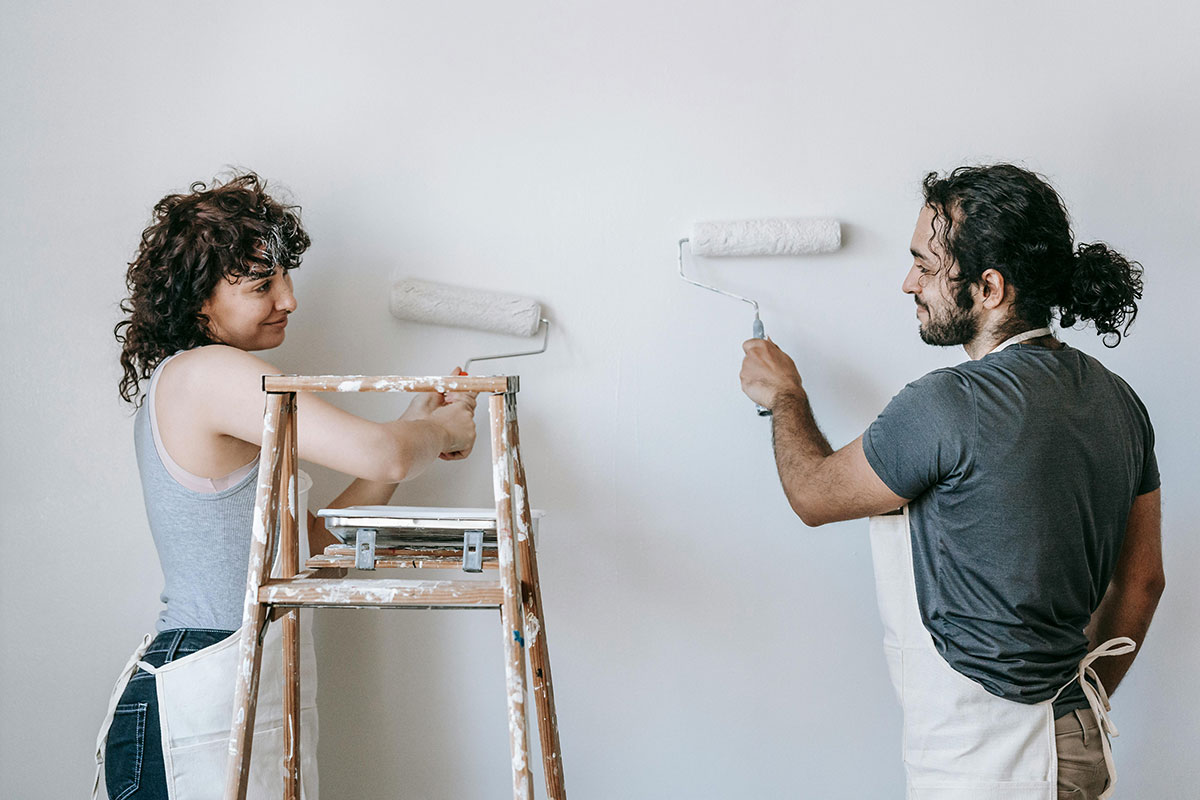Phoenix’s housing market is beginning to cool after years of rapidly rising prices, according to experts. Prices are flat or slightly down in most Valley cities compared to last year, and there are more listings than buyers out there.
If you’re trying to sell your house now, here’s how to boost your resale value.
Andrew Draayer, owner of Andrew The Home Buyer, shared these tips with AOL News:
What are the top home upgrades or features that buyers are most likely to pay a premium for heading into 2026?
Homeowners’ wallets are taking a hit from tariffs, tariffs, tariffs. The prices for anything from big box stores like Home Depot and Lowe’s — bathroom vanities, light fixtures, garden equipment, etc. — is rising because so much of their inventory is manufactured overseas. Planning a deck? Watch out: Lumber and concrete costs have spiked due to a boom in construction as well as tariffs.
Are there any design trends (interior or exterior) that are already showing signs of boosting resale value in today’s market?
The reality of buyers fleeing the market and more homes going up for sale means sellers must not only be competitive in their pricing but also be the “best house on the block.” The key to increasing your home’s value is to OVER improve. New finishes won’t cut it. Go above and beyond with things like a high-end washer and dryer, upgraded refrigerator and modern blinds. You need to deliver the most move-in ready product possible to stand out from the crowd.
Which home improvements offer the best return on investment right now, especially for resale in the next 1–2 years?
Big ticket items such as roofs, windows and HVAC systems are always a good investment. It’s a huge selling point to be able to tell a buyer: “You won’t have to worry about replacing your air conditioner for 10+ years.”
How are rising interest rates or inflation shaping the kinds of features buyers prioritize in 2025 and 2026?
Buyers are increasingly demanding homes that are fully renovated and move-in ready on Day 1. With higher mortgage payments looming, buyers want to move in with as little cash outlay as possible for home upgrades.
Are energy-efficient upgrades—like solar panels or heat pumps—still delivering ROI at resale, or are other sustainability features trending more?
Solar panels are tricky. If the system is leased, buyers may be hesitant to take over monthly payments in addition to their mortgage. If the system is fully paid off, that’s great for buyers, but we haven’t seen a big jump in home values from it.
What common renovations do homeowners invest in that don’t meaningfully increase resale value?
Turning a garage or patio into a bedroom is truly a waste. Enclosing those spaces just to add 80 to 120 square feet is not worth it, especially if a homeowner avoids installing proper vents to fully cool or heat that room.
Is square footage still king in 2026, or are buyers shifting focus to quality of space (e.g., multifunctional rooms, ADUs, home offices)?
A huge term we hear is “usable space.” People are sick of spending money on formal dining rooms or huge vaulted ceilings that don’t contribute to everyday living. Buyers want functional square footage, so multi-purpose spaces for an office, play room or homeschooling room are very popular.
How should homeowners think about balancing cosmetic upgrades (like paint and fixtures) with structural or functional improvements (like windows, roofs, or plumbing)?
In today’s market, the answer is unfortunately both. In this tough market for sellers, the houses that sell quickest are priced competitively and are in a condition that frees buyers from having to make any substantial repairs or renovations.
Are there specific regional trends—for example, outdoor living in the West, or storm-resilient materials in the South—that are worth prioritizing for resale value?
In the Southwest, high-quality windows with double or triple panes and low-e coatings are a great asset for managing heat, as are efficient HVAC systems with high SEER ratings.
How can homeowners increase resale value without overspending—especially in a cooling or uncertain real estate market?
I hate to share the bad news, but with high inflation, high interest rates, increasing supply AND low buyer demand, you’ve gotta shell out the big bucks to sell right now. Brace yourself for spending more and selling for less than you would have this time last year. If you set realistic expectations, you’ll be caught less off guard financially.
